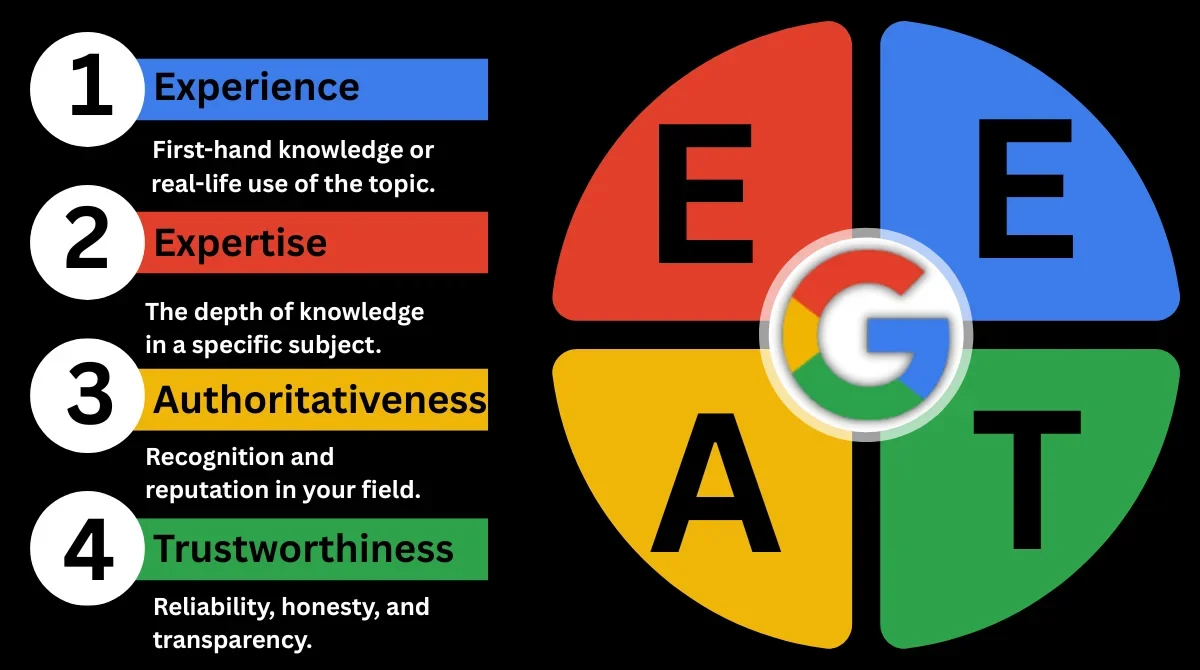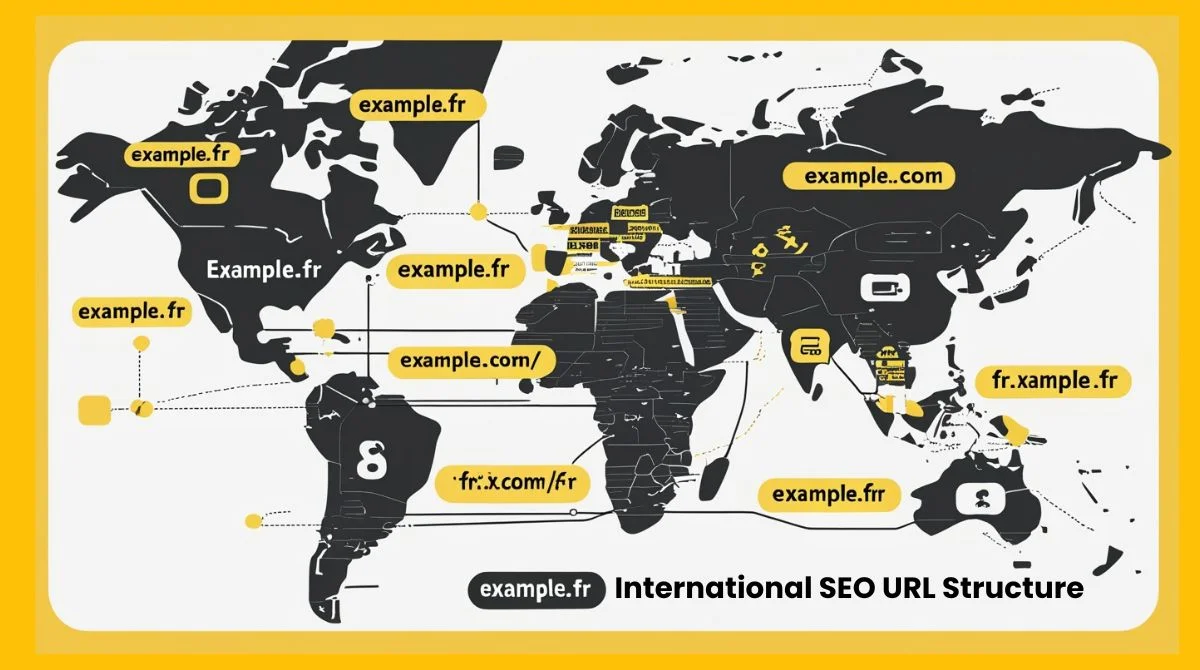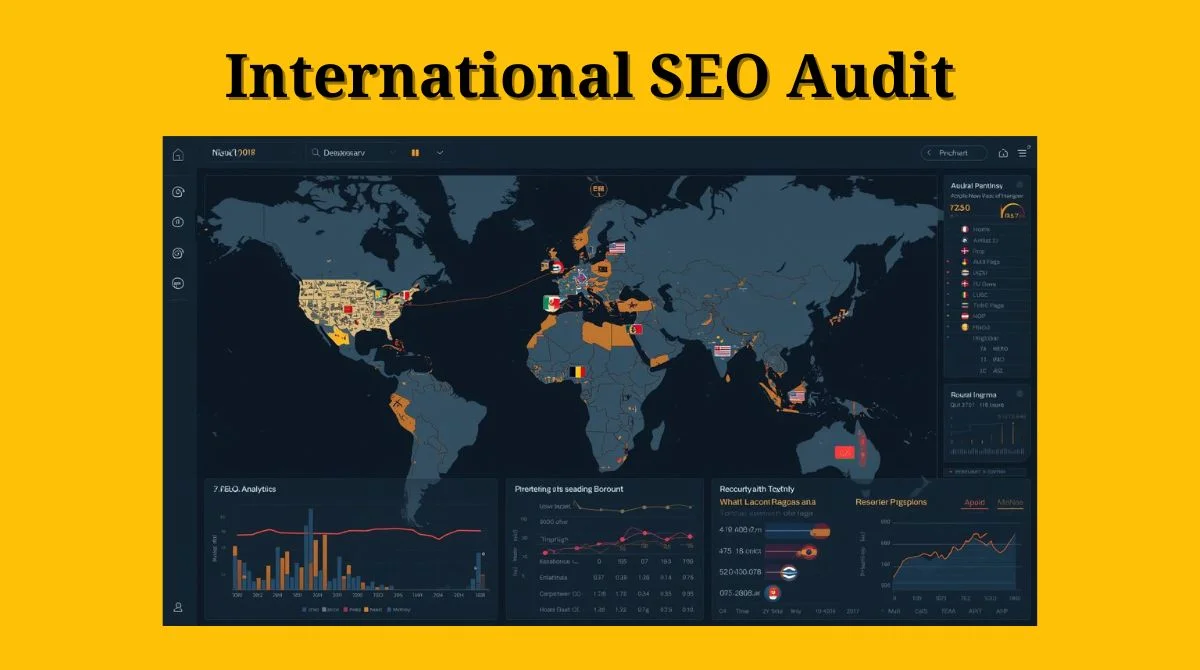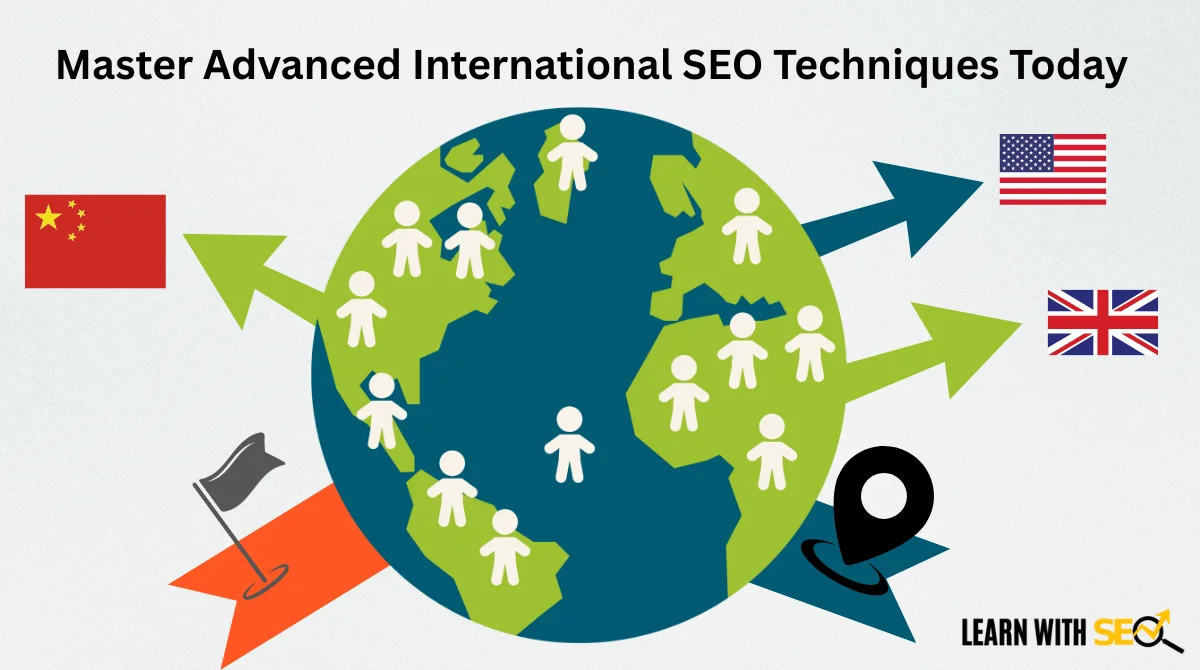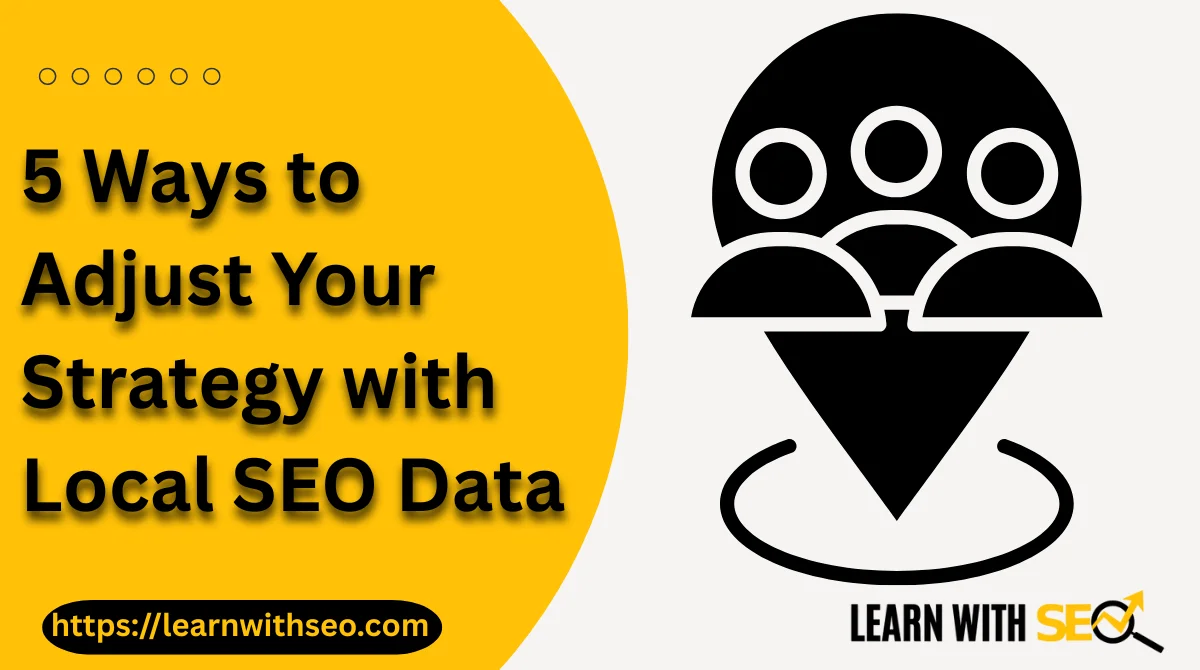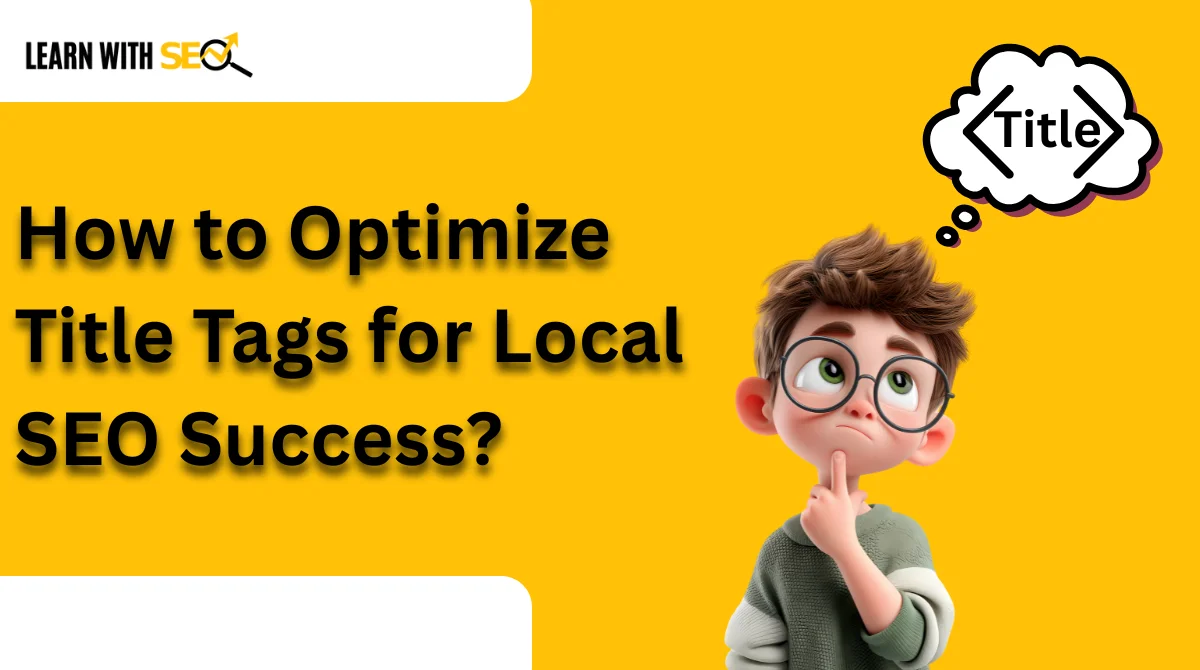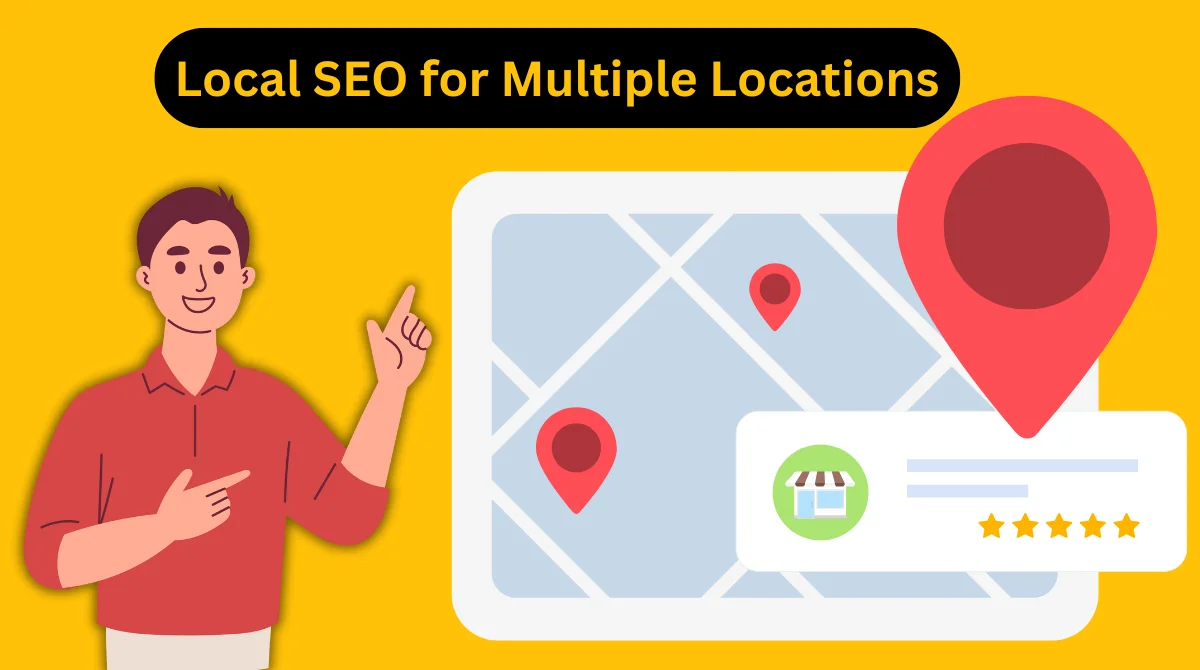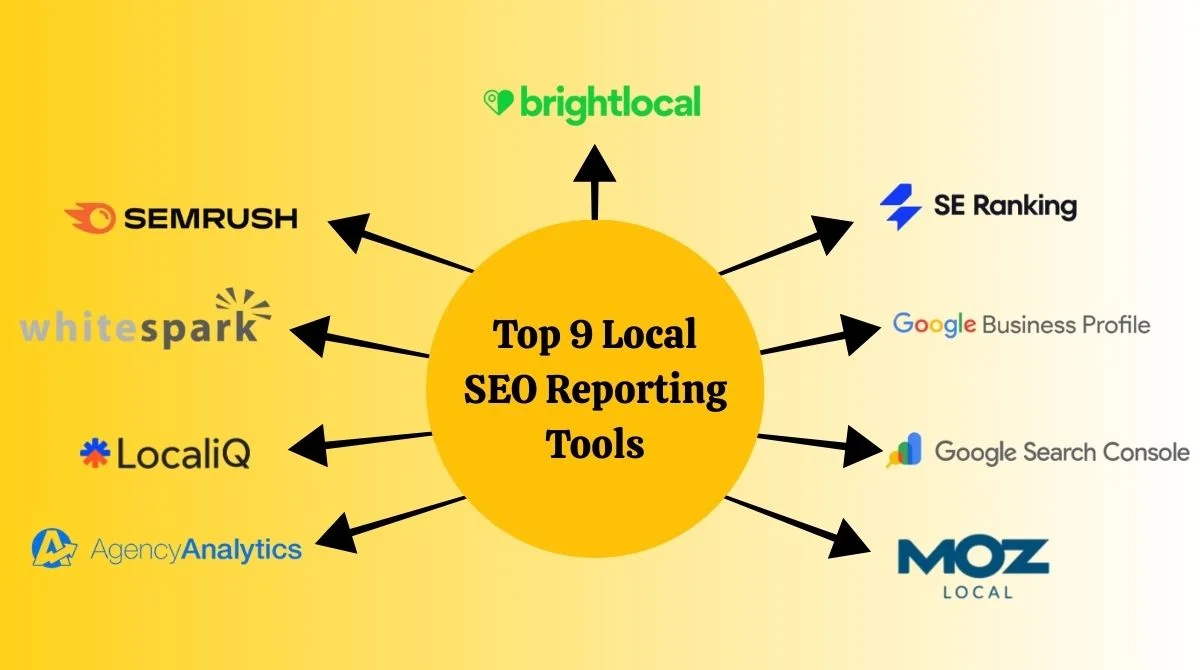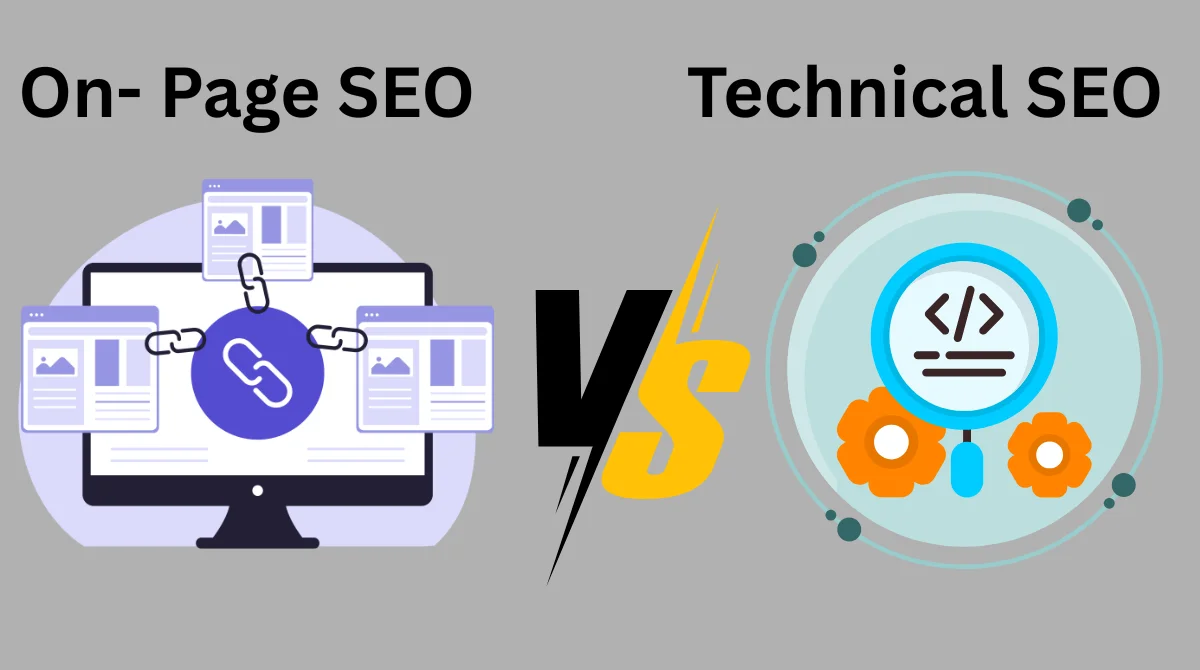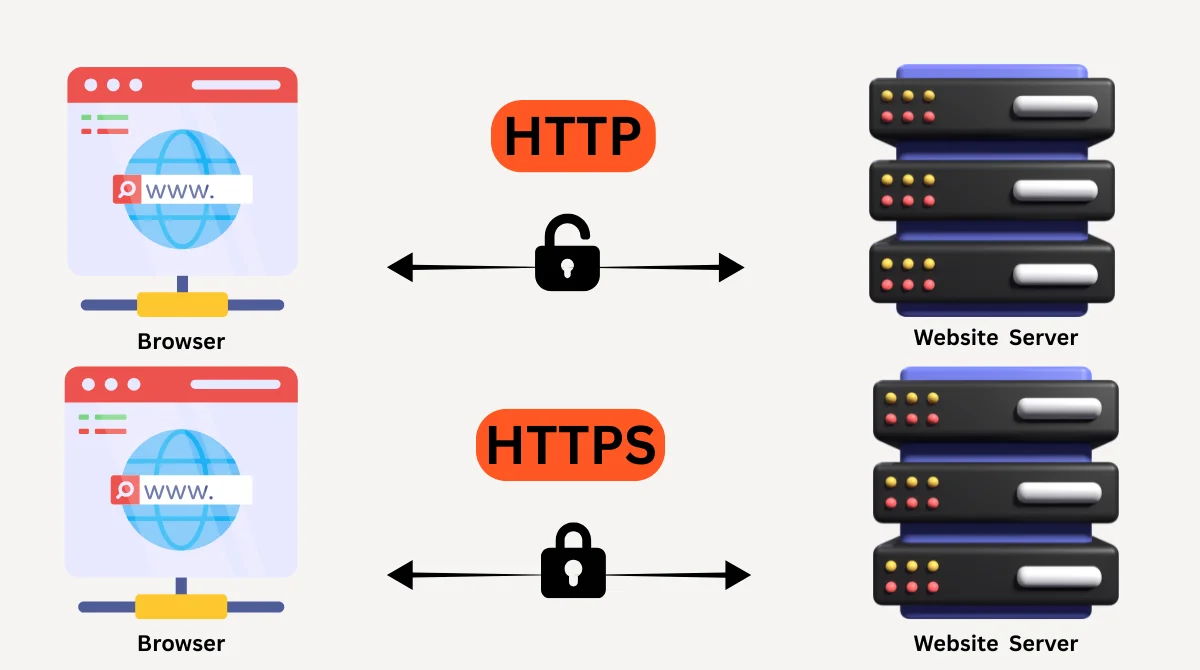- What Does E-E-A-T Stand For?
- Why is E-E-A-T Important for SEO?
- E-E-A-T and the Helpful Content System
- How Google Evaluates E-E-A-T?
- How to Improve E-E-A-T for Your Website?
- E-E-A-T and YMYL
- How E-E-A-T Affects AI and Voice Search?
- Real-Life Examples of Websites That Excel at E-E-A-T
- Understanding Google’s E-E-A-T Guidelines
- E-E-A-T in the Age of AI-Generated Content
- Common Mistakes That Hurt E-E-A-T
- Conclusion
In today’s digital world, every website is fighting for attention. But Google doesn’t just want to rank any website; it wants to show users the most trustworthy, expert, and helpful results. That’s where Google’s E-E-A-T comes in.
If you’re serious about SEO, understanding E-E-A-T (Experience, Expertise, Authoritativeness, and Trustworthiness) is no longer optional; it’s a must.
What Does E-E-A-T Stand For?
Google’s E-E-A-T stands for:
- E – Experience: First-hand knowledge or real-life use of the topic.
- E – Expertise: The depth of knowledge in a specific subject.
- A – Authoritativeness: Recognition and reputation in your field.
- T – Trustworthiness: Reliability, honesty, and transparency.
Let’s break it down one by one.
1. Experience: Showing Real Involvement
Google now values first-hand experience. It wants to see if the content creator has actually used, tested, or personally experienced the product, service, or situation they’re talking about.
For example, if you write a review about a smartphone, Google prefers that you’ve actually used it, not just copied details from other websites. Adding real photos, your thoughts, or comparisons adds a touch of authenticity.
How to show experience:
- Share real examples or case studies.
- Include photos, screenshots, or results from your own use.
- Use personal language like “In my experience” or “When I tried this…”
2. Expertise: Proving You Know What You’re Talking About
Expertise is about how well you understand the topic. Google evaluates whether the person writing the content has the right background or qualifications.
For instance, health-related content should ideally come from doctors or certified professionals, while SEO topics are best explained by digital marketing experts.
How to show expertise:
- Write in-depth and accurate content.
- Cite credible sources and studies.
- Keep your content updated with the latest information.
- Use clear and simple language to explain complex ideas.
3. Authoritativeness: Building Reputation and Recognition
Authoritativeness is what others say about you. It’s about your brand or website being recognized as a leader in your field.
If other trusted websites link back to your content or mention your brand, Google considers that a strong signal of authority.
How to build authoritativeness:
- Earn backlinks from respected websites.
- Get featured in news articles or expert roundups.
- Build an active presence on platforms like LinkedIn or X (Twitter).
- Use schema markup to display author credentials on your pages.
4. Trustworthiness: The Core of E-E-A-T
Trust is the foundation of everything. Without it, even great content may not rank well.
Trustworthiness includes having a secure website, transparent policies, and accurate information. Google wants users to feel safe visiting your site.
How to build trust:
- Use HTTPS on your site.
- Show contact information clearly.
- Add privacy, terms, and refund policies.
- Avoid clickbait or misleading headlines.
Why is E-E-A-T Important for SEO?
Google’s main mission is to give people the most accurate, useful, and trustworthy information every time they search for something. It wants users to feel confident that the website they click on provides real value, not fake or low-quality content.
That’s where E-E-A-T (Experience, Expertise, Authoritativeness, and Trustworthiness) comes in. It helps Google evaluate the overall quality and credibility of your website, not just what keywords you use, but who you are and how reliable your content is.
Although E-E-A-T is not a direct ranking factor (like keywords or page speed), it has a huge indirect impact because it strengthens several ranking signals that Google cares about. Let’s break those down:
1. Content Quality
High-quality content is the foundation of good SEO.
When your content is well-written, factually correct, and shows real experience or expertise, Google considers it valuable.
For example, if two blogs talk about the same topic, but one is written by an expert with practical experience (showing E-E-A-T) and the other is copied or vague, Google will rank the expert’s content higher.
So, the better your E-E-A-T, the more likely your content will appear on top for important searches.
2. Backlink Profile
Backlinks are like votes of confidence from other websites.
When high-authority sites (like news outlets, educational platforms, or industry blogs) link to your content, Google takes it as a sign that your website is trusted and respected.
A strong E-E-A-T helps you earn these backlinks naturally because people are more likely to link to credible, expert-level content.
In short:
E-E-A-T builds your reputation → Reputation attracts backlinks → Backlinks boost your SEO.
3. On-Page Credibility
On-page credibility means how trustworthy your website looks and feels to both users and search engines.
Elements like:
- Author bios
- Cited sources
- Secure HTTPS connection
- Clear contact information
Show Google that your website is legitimate.
If users can easily see who’s behind the content and how reliable it is, they’re more likely to stay longer and interact more, which improves SEO performance.
4. Brand Reputation
Google doesn’t just analyze your website; it also checks what the rest of the internet says about you.
If your brand has positive reviews, mentions on credible sites, and a strong social presence, Google sees you as authoritative.
But if your brand has a poor online image or fake content, it can damage your credibility.
That’s why E-E-A-T encourages brands to focus on transparency, professionalism, and authenticity.
5. User Engagement
E-E-A-T affects how users behave on your site.
When users trust your information, they stay longer, read more, and might even share your content.
On the other hand, if users quickly leave your site because they doubt your credibility or find errors, Google interprets that as a negative signal, assuming your page didn’t satisfy the search intent.
Metrics like:
- Bounce rate
- Average session duration
- Pages per visit: You are all influenced by how trustworthy and engaging your content feels.
E-E-A-T and the Helpful Content System
Google’s Helpful Content Update and E-E-A-T work together.
Helpful content focuses on user satisfaction, while E-E-A-T ensures that the source is credible.
When both align, your website stands a much better chance of appearing in AI Overviews, featured snippets, and People Also Ask results.
How Google Evaluates E-E-A-T?
Google uses both algorithms and human quality raters to assess E-E-A-T.
Quality raters review pages and give feedback based on these factors:
- Who created the content?
- Does the website have a good reputation?
- Is the content accurate and helpful?
- Is there evidence of real-world experience?
This feedback helps Google train its ranking systems to identify high-quality content automatically.
How to Improve E-E-A-T for Your Website?
Now that you understand what E-E-A-T is, let’s explore how to strengthen it step-by-step.
1. Create Author Pages
Each article should include information about its author. Add an author bio showing credentials, expertise, and social links.
Example:
“Written by Muhammad Faizan, an SEO specialist with over 2 years of experience in digital marketing.”
This adds a layer of authenticity and trust.
2. Publish First-Hand Content
Whenever possible, use personal experience and data. For instance, if you’re writing about hreflang and canonical tags in SEO, demonstrate real implementation examples from your own website or projects.
That’s what makes your content more useful and unique.
3. Strengthen Your Website’s Reputation
Your website’s About page, Contact page, and reviews/testimonials play a big role in E-E-A-T.
Make sure users and Google both see your business as legitimate and reachable.
4. Optimize On-Page SEO for Clarity and Structure
Search engines understand structured content better. Here’s how to optimize your pages:
- Use clear headings (H1, H2, H3).
- Add internal links to related pages.
- Include schema markup (especially Article and Author schema).
- Keep URLs clean and descriptive.
This helps both users and crawlers navigate your site smoothly.
5. Earn Quality Backlinks
Backlinks from trusted sources are like votes of confidence. They show Google that your site is credible.
To earn backlinks naturally:
- Guest post on relevant websites.
- Publish data-driven studies.
- Create shareable infographics.
- Build relationships with other creators.
6. Keep Your Content Fresh
Outdated information harms your trustworthiness.
Regularly update your blog posts with new facts, statistics, and references. This shows Google that your site is alive and reliable.
7. Demonstrate Transparency
Always disclose your sources, affiliate links, and business details. Transparency strengthens both user trust and brand image.
E-E-A-T and YMYL
E-E-A-T plays a vital role in how Google evaluates YMYL (Your Money or Your Life) content. YMYL includes topics that can affect a person’s health, finances, safety, or overall well-being, such as medical information, financial guidance, or legal advice. Since these topics have a direct impact on people’s lives, Google holds them to much higher standards than regular content.
To ensure safety and accuracy, Google expects YMYL content to be written or reviewed by people who have real experience, professional expertise, and proven authority in their field. For instance, a health article written by a licensed doctor or a financial guide by a certified expert will naturally perform better in search results. In short, E-E-A-T helps Google filter out unreliable information and highlight trustworthy, expert-backed content that users can depend on.
How E-E-A-T Affects AI and Voice Search?
As AI-powered search expands, Google focuses more on who created the content and why it exists.
In AI Overviews and voice search results, Google prefers answers from high E-E-A-T sources because they’re more reliable and user-friendly.
This means investing in E-E-A-T today will future-proof your visibility in AI-driven search systems.
Real-Life Examples of Websites That Excel at E-E-A-T
Understanding E-E-A-T is easier when you see how top websites apply it in real life. These examples show how experience, expertise, authority, and trust come together to build credibility and improve SEO performance.
1. Healthline: Medical Expertise and Trust
Healthline is a leading health information platform known for its strong focus on trustworthiness and expertise. Each article is written by medical writers and reviewed by certified doctors or health professionals. The site clearly displays author credentials, medical review dates, and references to scientific studies. This transparent approach shows readers and Google that the content is accurate, credible, and safe to follow.
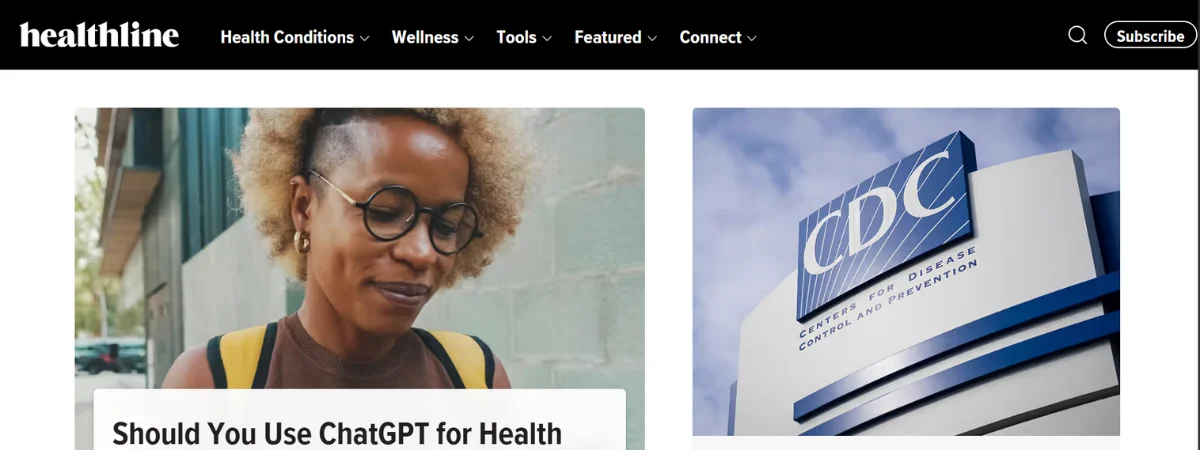
2. Investopedia: Financial Authority and Experience
Investopedia demonstrates authoritativeness in the finance niche. Its content is created and reviewed by financial experts, analysts, and certified professionals. Every page includes detailed author bios, citation sources, and regular content updates to maintain accuracy. Because money-related topics fall under YMYL, this focus on verified expertise and data-backed advice helps Investopedia earn top rankings and user trust.

3. NerdWallet: Real Experience and User-Centric Trust
NerdWallet is another excellent example, especially in the personal finance sector. It combines real experience, expert reviews, and transparency by disclosing affiliate relationships and how recommendations are made. The brand shares practical comparisons, firsthand testing, and step-by-step guides written by financial experts. This blend of honesty, usability, and authority perfectly reflects Google’s E-E-A-T principles.

Understanding Google’s E-E-A-T Guidelines
To build content that performs well in search results, it’s important to understand Google’s E-E-A-T principles: Experience, Expertise, Authoritativeness, and Trustworthiness. These factors help determine how reliable and helpful your content appears to users and search algorithms alike.
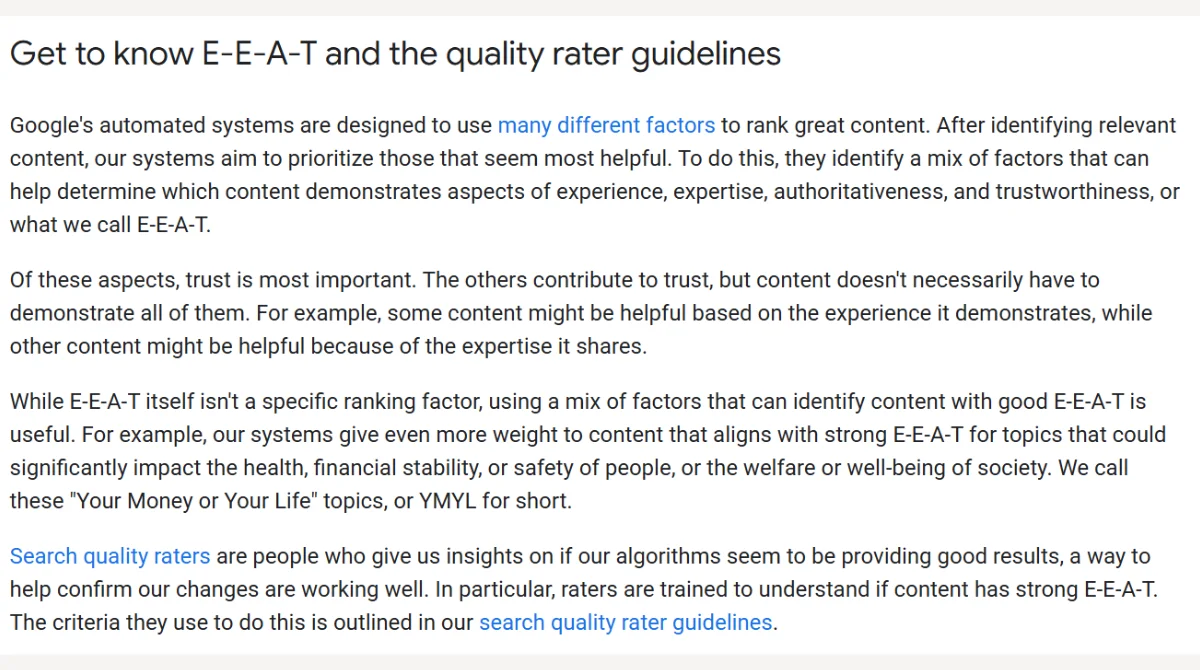
E-E-A-T in the Age of AI-Generated Content
As artificial intelligence becomes more common in content creation, maintaining E-E-A-T has become more important than ever. While AI tools can produce text quickly, Google’s main priority is still to show helpful, accurate, and trustworthy content to users. This means that even if content is AI-assisted, it must still reflect human expertise, real experience, and verifiable sources to meet Google’s quality standards.
AI-generated articles often lack first-hand experience and personal insight, which are key parts of the “Experience” and “Expertise” elements in E-E-A-T. To make AI content effective and trustworthy, creators should always add human oversight by fact-checking information, adding expert reviews, personal opinions, and real examples. Google has made it clear that the method of creation (AI or human) doesn’t matter as much as the quality, accuracy, and usefulness of the content. In short, AI can assist the process, but it’s the human touch that ensures E-E-A-T standards are met.
Common Mistakes That Hurt E-E-A-T
Even great websites sometimes lose rankings because of avoidable issues. Watch out for these:
- Publishing copied or AI-only content without a human touch.
- Missing author information or contact details.
- Having too many low-quality backlinks.
- Ignoring user feedback or reviews.
- Not updating old posts or broken links.
- Fixing these can instantly improve your site’s trust and authority.
Conclusion
Google’s E-E-A-T is more than just a ranking system; it’s a reflection of real-world credibility.
If your content shows Experience, backed by Expertise, supported by Authority, and built on Trust, your site will not only rank better but also earn user loyalty.
Think of E-E-A-T as your digital reputation. The stronger it gets, the easier it becomes to stand out in a crowded online world.
So start today, update your author bios, share real insights, and be transparent. The more human your content feels, the more Google and your audience will reward it.

